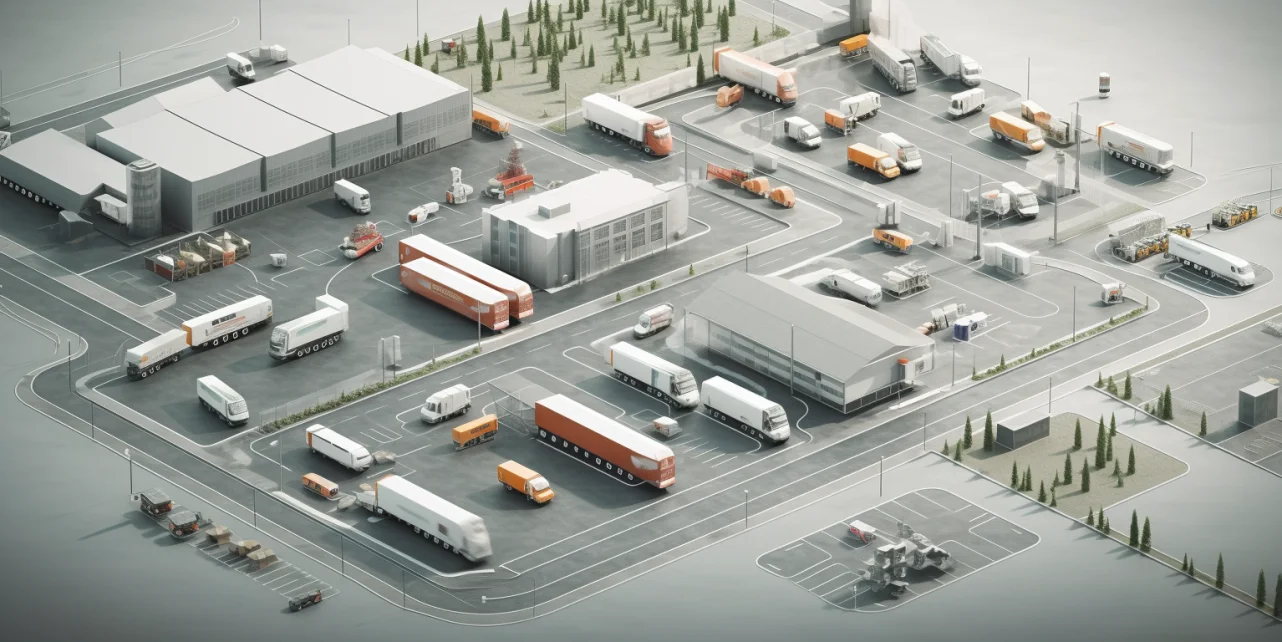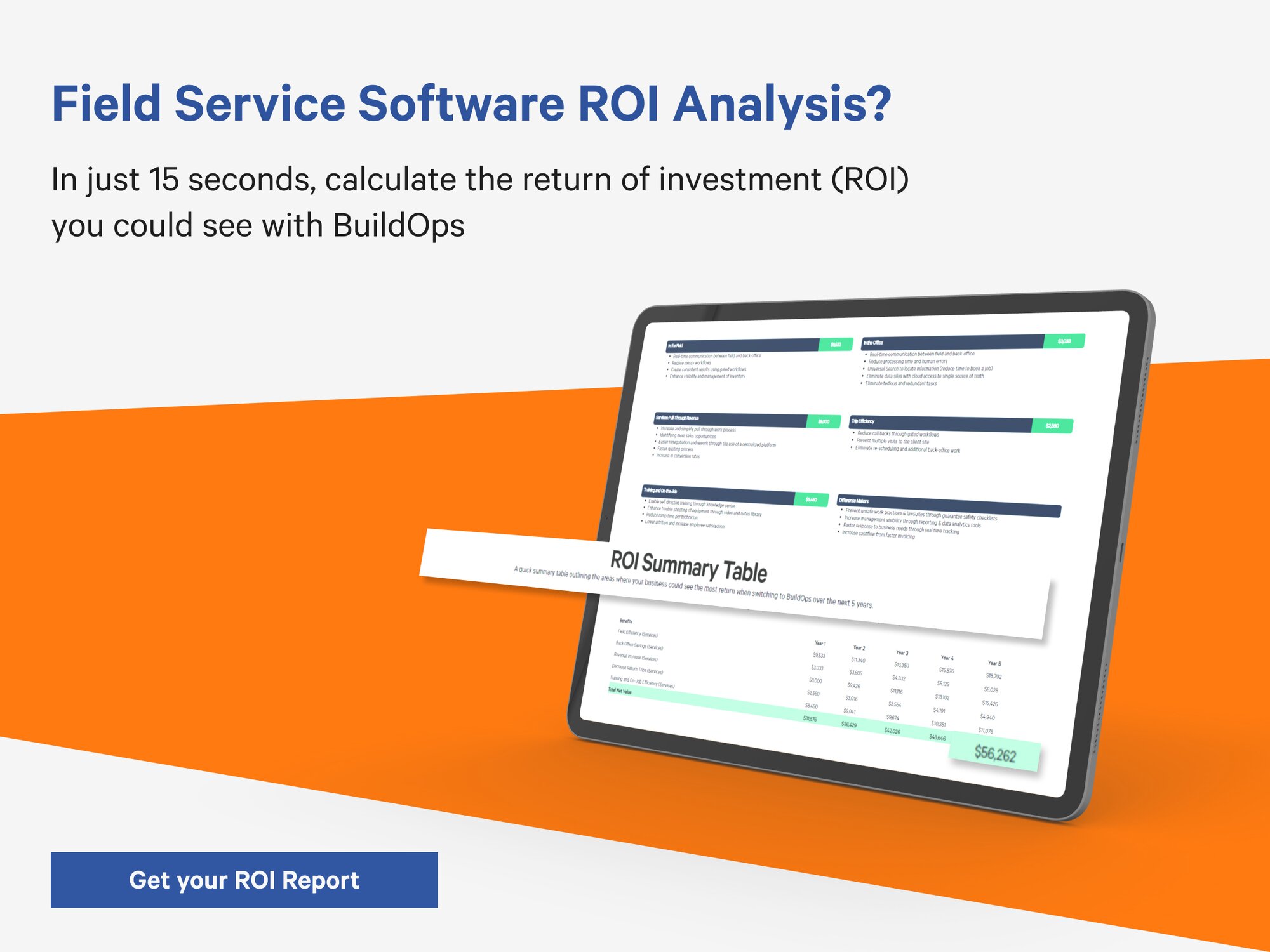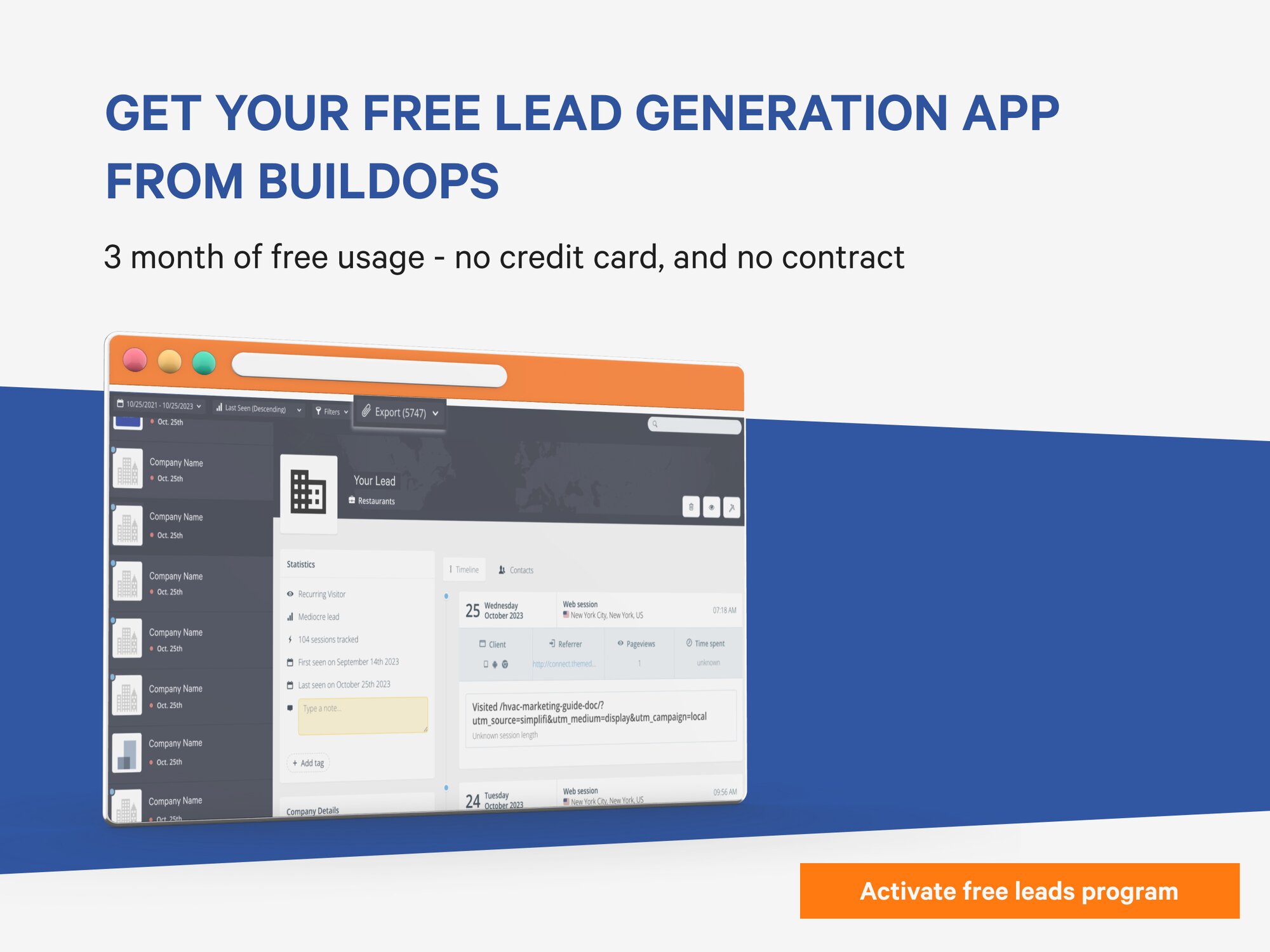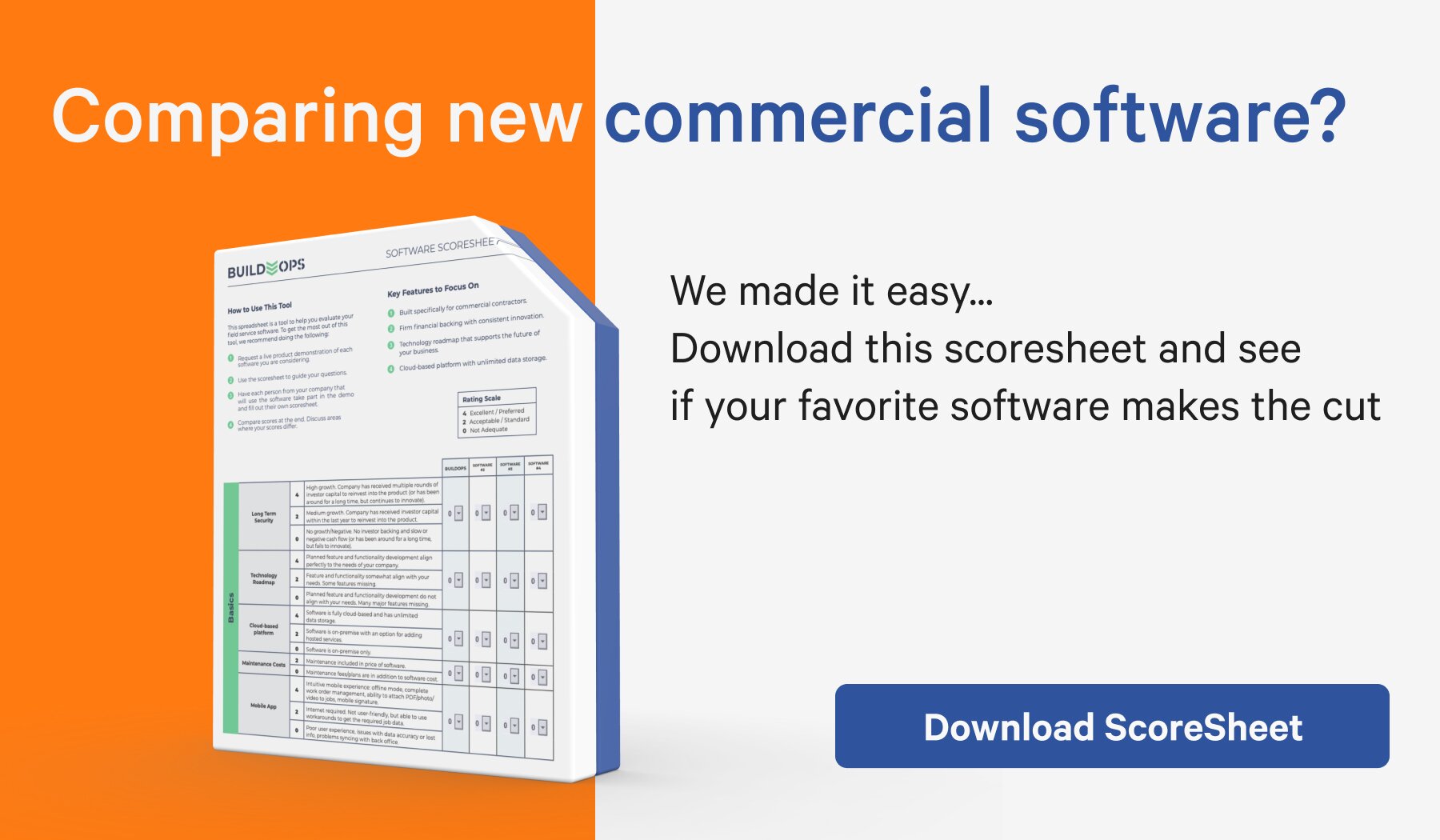Having a GPS Tracking System for logistics management is essential for any company looking to improve their efficiency, productivity, and customer satisfaction. With this system, logistics companies can keep track of their vehicles and shipments in real-time, making it easier to manage their operations smoothly.
One of the main benefits of having a GPS tracking system is the ability to monitor the location and status of vehicles at any given time. This allows logistics managers to plan and optimize routes, reducing delivery times and costs. With real-time updates, they can also track their drivers’ behavior, such as driving speed and idling time, to ensure safe and efficient driving practices.
Another advantage of a GPS tracking system is the improved communication between drivers and logistics managers. With the system, drivers can receive real-time updates on delivery schedules and any route changes, avoiding delays and increasing on-time delivery rates. This helps to build trust and satisfaction with customers, leading to repeat business and a positive reputation.
Furthermore, GPS tracking systems provide valuable data and analytics that can help logistics companies make informed decisions. By analyzing data on delivery times, routes, and driver behavior, managers can identify areas for improvement and implement changes to increase efficiency and reduce costs. This also aids in identifying potential issues, such as vehicle breakdowns, and allows managers to take necessary precautions to minimize disruptions.
Finally, a GPS tracking system enhances the overall safety and security of logistics operations. The system can send alerts for unauthorized stops or route deviations, allowing managers to take immediate action if necessary. It also helps to locate lost or stolen vehicles, reducing the risk of cargo theft or delay in deliveries.
In conclusion, investing in a GPS tracking system for logistics management is crucial for companies looking to streamline their operations and provide excellent service to their customers. With real-time tracking, improved communication, useful data, and enhanced safety measures, logistics companies can achieve higher efficiency, productivity, and customer satisfaction, leading to long-term success.
Real-time Monitoring and Optimization of Vehicle Routes
Real-time monitoring and optimization of vehicle routes are essential components of efficient and effective logistics management. With the advancement of technology, this can now be achieved through a GPS tracking system, providing logistics companies with the ability to monitor and optimize their vehicle routes in real-time.
One of the key advantages of real-time monitoring is the ability to track and analyze data on vehicle routes and delivery times. With this information, logistics managers can identify patterns and trends, allowing them to optimize routes for efficiency and cost-effectiveness. By avoiding congested or inefficient routes, logistics companies can save time and money, ultimately improving their bottom line.
In addition to tracking routes, real-time monitoring also provides valuable insights into driver behavior. Logistics managers can access data on driving speed, idling time, and any deviations from planned routes. This allows them to ensure safe and efficient driving practices, reducing the risk of accidents and improving overall vehicle performance.
Furthermore, real-time monitoring enables logistics companies to respond quickly to unexpected changes or delays in delivery schedules. With the GPS tracking system, managers can view the exact location of their vehicles and make necessary route adjustments to ensure on-time delivery. This not only increases customer satisfaction but also helps to build trust and loyalty.
Another advantage of real-time monitoring is the ability to plan and optimize routes based on real-time traffic and weather conditions. By receiving real-time updates on road closures, accidents, or adverse weather, logistics managers can plan alternate routes to avoid delays and reduce the risk of late deliveries.
Enhanced Communication for On-time Delivery
Communication is crucial for any successful logistics operation, and utilizing a GPS tracking system can greatly enhance communication between logistics managers and their drivers. With instant updates and real-time data, logistics companies can ensure on-time deliveries and improve overall customer satisfaction.
One of the main benefits of a GPS tracking system for enhanced communication is the ability to send real-time updates to drivers. Managers can provide drivers with information on delivery schedules, changes in route, or any unforeseen delays. This helps drivers plan their routes more effectively, avoiding disruptions or delays in deliveries.
Furthermore, real-time communication also allows for prompt response to any problems or issues that may arise during deliveries. If a driver encounters traffic congestion, road closures, or any other unforeseen circumstances, managers can quickly redirect them to an alternate route to ensure on-time delivery. This efficient communication minimizes delays and increases the chances of successful deliveries.
Moreover, GPS tracking systems also offer two-way communication, allowing drivers to report any issues or concerns back to their managers in real-time. This not only improves communication but also allows for swift resolution of any potential problems, ensuring smooth logistics operations.
With enhanced communication, logistics managers can also provide customers with accurate and up-to-date information on their deliveries. This helps to build trust and improve customer satisfaction, ultimately leading to repeat business and a positive reputation for the company.
Data Analytics for Informed Decision-Making
Data analytics plays a significant role in logistics management, providing valuable insights and information for informed decision-making. With a GPS tracking system, logistics companies can access data on delivery times, driving routes, and driver behavior, allowing them to make data-driven decisions to improve their operations.
One of the key benefits of data analytics is the ability to identify patterns and trends in delivery times and routes. By analyzing this data, logistics managers can optimize routes and schedules for more efficient and cost-effective operations. This also helps to improve customer satisfaction by ensuring on-time deliveries.
In addition to route optimization, data analytics also allows managers to monitor driver behavior. By tracking data on driving speed, idling time, and route deviations, managers can identify areas for improvement and implement changes to ensure safe, efficient, and responsible driving practices. This ultimately leads to cost savings and risk mitigation for the company.
Furthermore, data analytics aids in identifying potential issues that may arise in logistics operations. By analyzing data on delivery times, managers can identify any delays or inefficiencies, allowing them to take necessary precautions to prevent future disruptions. This not only improves overall efficiency but also helps to identify early warning signs of potential problems, leading to proactive solutions.
Lastly, data-driven decision-making also enables logistics companies to be more competitive in their industry. By utilizing data analytics, managers can make informed decisions that reduce costs, improve efficiency, and ultimately increase their bottom line. This gives them a competitive advantage over their competitors and increases their chances of long-term success.
Ensuring Safety and Security in Logistics Operations
Safety and security are essential aspects of logistics operations, and a GPS tracking system can greatly assist in ensuring these factors are prioritized. With real-time tracking and monitoring, logistics companies can enhance the safety and security of their operations, leading to a safer work environment and more secure transportation of goods.
Real-time tracking and monitoring allow logistics managers to keep a close eye on their vehicles and shipments, ensuring they stay on planned routes and make timely deliveries. Managers can quickly identify any unauthorized stops or route deviations, taking immediate action to prevent potential theft or delays.
In addition to cargo security, GPS tracking systems also aid in ensuring driver safety. By monitoring data on driver behavior, managers can identify any risky driving practices and take necessary measures to prevent accidents. This ensures protection to the company’s reputation and reduces costs associated with accidents and vehicle damage.
Moreover, real-time tracking also provides alerts for vehicle breakdowns or accidents, allowing managers to take immediate action and minimize disruptions in operations. This ensures driver safety and prevents any delays in deliveries, leading to improved customer satisfaction.
Furthermore, with the ability to monitor vehicle speed and track routes, managers can identify and address any issues with fuel efficiency or risky driving practices.
Streamlining Operations and Increasing Customer Satisfaction
In today’s fast-paced world, customers expect timely and efficient delivery of their goods. To meet these demands, logistics companies need to streamline their operations. With real-time tracking and data analytics, logistics managers can optimize their operations, leading to increased customer satisfaction.
One of the main ways a GPS tracking system streamlines operations is by optimizing routes for efficiency. Managers can identify the most efficient routes for their drivers. This reduces delivery times and costs, ultimately leading to greater customer satisfaction.
Moreover, real-time tracking also enables logistics companies to provide accurate and up-to-date information to their customers. Managers can give customers accurate delivery estimates and updates, improving their overall experience. This also helps to build trust and loyalty with customers, leading to repeat business.
In addition to route optimization, a GPS tracking system also improves inventory management. With real-time tracking, managers can keep a record of the exact location and status of shipments. It reduces the risk of lost or misplaced goods. This ensures timely and accurate delivery, satisfying customers and minimizing disruption in operations.
Furthermore, with the ability to monitor vehicle performance and driver behavior, managers can identify areas for improvement in their operations. This allows them to make necessary changes to increase efficiency and reduce costs. Ultimately leading to better customer satisfaction as deliveries are made on time and in good condition.
Key Takeaways
A GPS tracking system offers several key benefits for logistics management. This includes real-time tracking of vehicles and shipments, and improved communication between drivers and managers. As well as, valuable data analytics for informed decision-making, and enhanced safety and security measures. Additionally, it streamlines operations leading to increased customer satisfaction. With real-time updates and data analysis, logistics managers can optimize routes. As well as, monitor driver behavior, and respond promptly to any unexpected changes or issues. This ultimately leads to efficient and cost-effective logistics operations, improved customer satisfaction, and long-term success for the company.







